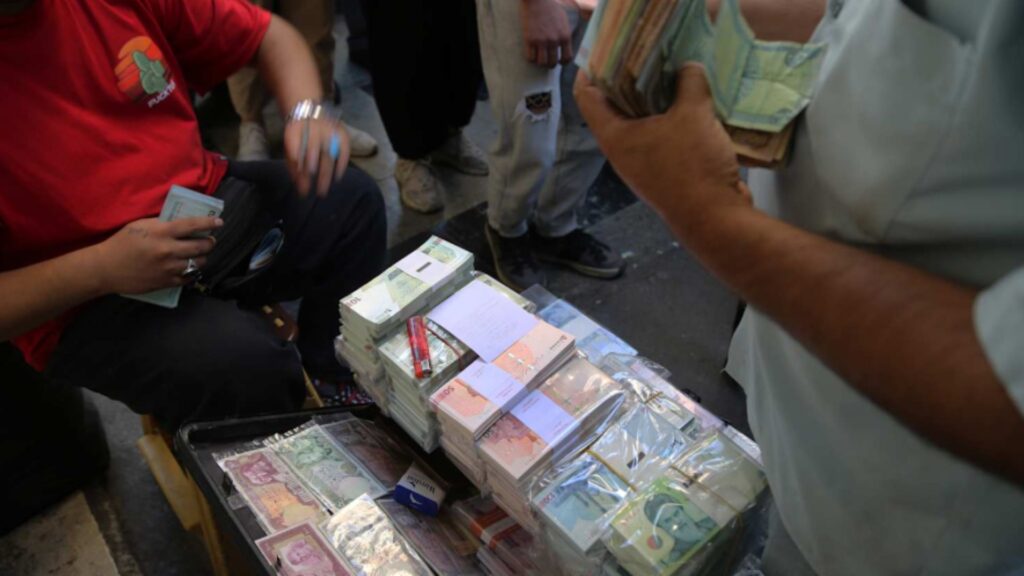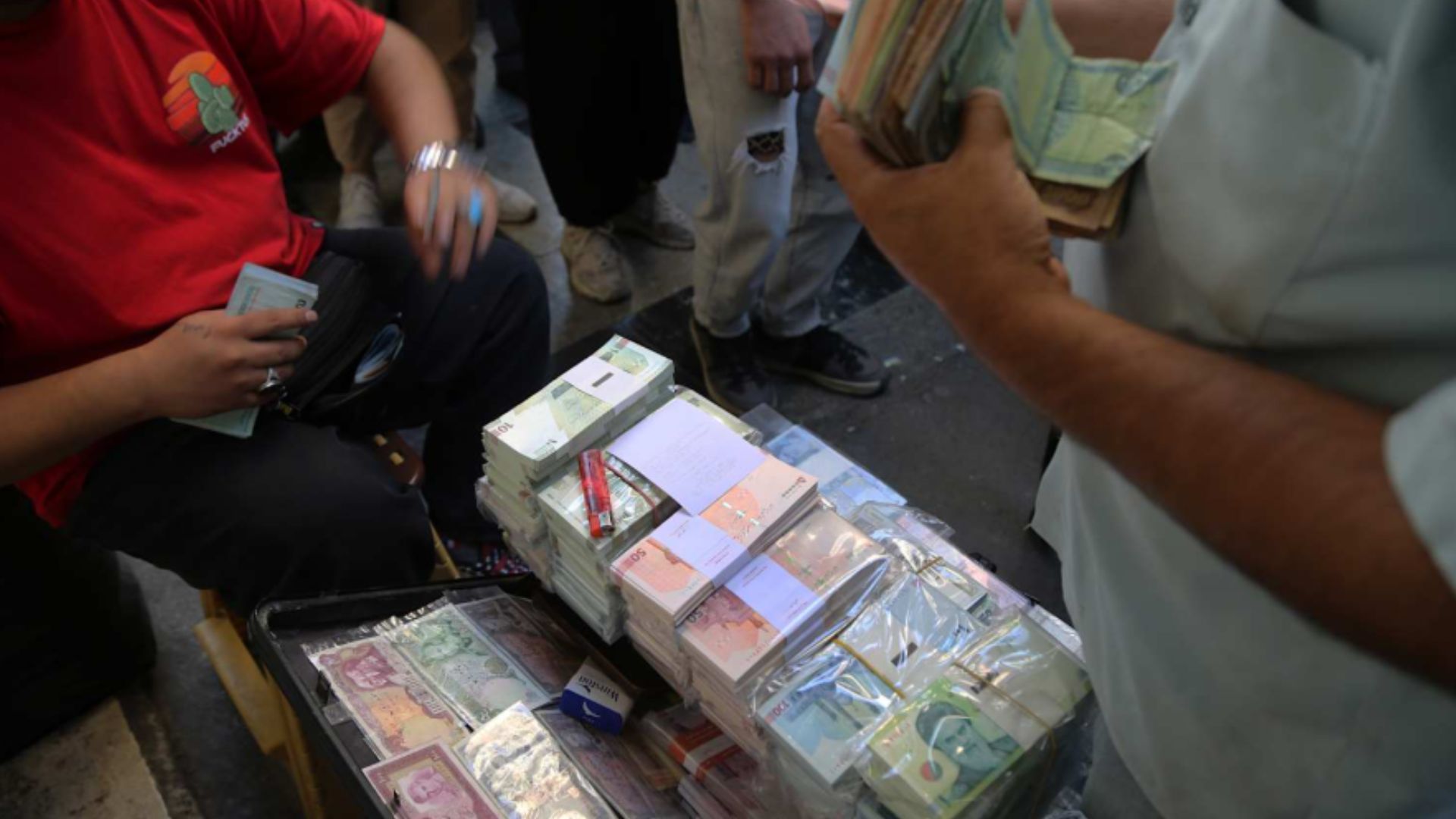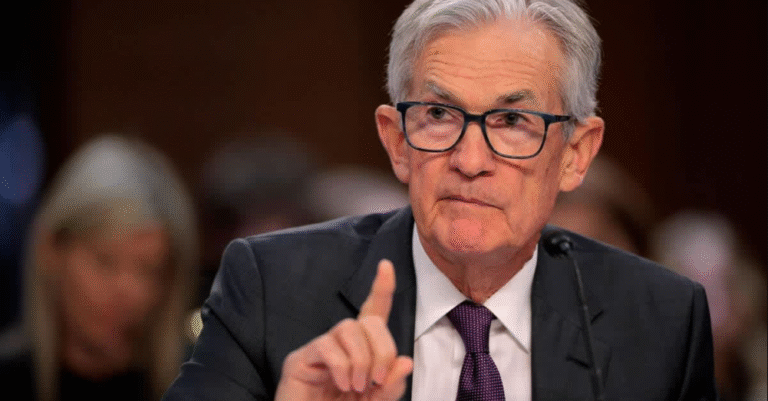
(Photo by Fatemeh Bahrami/Anadolu via Getty Images)
Iran faced renewed economic turmoil Saturday as sweeping United Nations sanctions were reimposed at midnight GMT, while the country’s currency plunged to record lows, deepening hardship for millions of citizens already struggling under international pressure.
Economic Crisis Intensifies as Basic Needs Become Unaffordable
The Iranian rial collapsed to over 1.11 million per U.S. dollar in Tehran’s open market on Saturday, marking its worst performance ever and representing a catastrophic decline from 32,000 rials per dollar when the original 2015 nuclear agreement took effect. This represents a loss of more than 90% of the currency’s value since U.S. sanctions were first reimposed in 2018, with the rial losing over 50% of its value in recent months as the sanctions deadline approached.
Iran’s inflation crisis has reached alarming proportions, with food inflation soaring to over 42% annually and some essential items experiencing price increases of 50% or more. Bread prices have emerged as a particular flashpoint, with traditional Sangak bread now costing 200,000-500,000 rials per loaf—a 300% increase from 2024 when the same bread sold for 5,000 rials. In Tehran alone, Barbari bread prices jumped 31% to 46,000 rials, while Taftoon increased 52% to 20,000 rials.
According to official statistics, tomatoes experienced a 76% price hike, while potatoes and onions increased by 74.3% and 71.1% respectively. Sugar prices rose by 66%, Iranian rice by 56%, and cooking oil by 40% in recent months compared to the previous year. The economic devastation is forcing many Iranians to make difficult choices about basic necessities, with the minimum wage at approximately $120 per month while a family of three requires at least $400 monthly for basic needs.
The sanctions were reimposed through the “snapback” mechanism after Britain, France, and Germany accused Tehran of failing to comply with its 2015 nuclear agreement obligations. The measures include a conventional arms embargo, restrictions on ballistic missile activities, asset freezes, and travel bans on Iranian individuals and entities linked to the nuclear program.
Iran responded by recalling its ambassadors from the three European nations for consultations, with the Foreign Ministry condemning what it called an “irresponsible move”. Iranian President Masoud Pezeshkian rejected U.S. demands that Tehran surrender all its enriched uranium in exchange for temporary sanctions relief, calling such proposals “unacceptable”.
A last-minute effort by Russia and China to delay the sanctions for six months failed at the UN Security Council, with only four countries supporting their resolution. The sanctions were designed to be “veto-proof,” preventing any single permanent member from blocking their reimposition.
Iran’s economy had already contracted by 0.1% in the spring, ending 17 straight quarters of expansion, even before the new sanctions took effect. The reimposed measures are expected to further squeeze the country’s foreign reserves and exacerbate capital flight, leaving Iran “perilously exposed” to additional economic pressures as citizens increasingly turn to U.S. dollars, gold, and cryptocurrencies to protect their savings.












